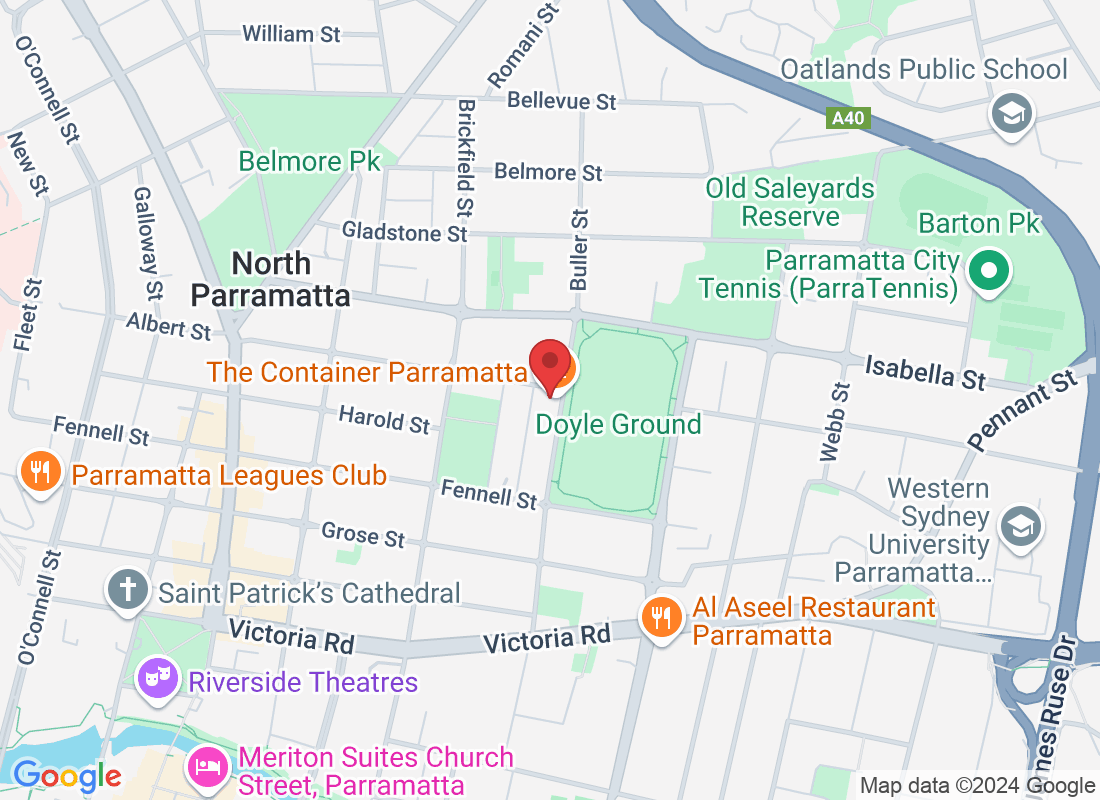
Pelvic Floor Health: A Vital Component of Every Woman’s Well-Being
Throughout a woman’s life, her body undergoes numerous changes, from puberty and pregnancy to menopause and beyond. Each stage brings unique challenges, and the pelvic floor is often a key player in these transitions. At North Parramatta Physiotherapy & Sports Injuries, we believe that pelvic floor health is essential for maintaining a good quality of life, no matter your age. Let’s explore why the pelvic floor is so important, how it evolves at different life stages, and how physiotherapy can support your well-being.
What Is the Pelvic Floor, and Why Is It Important?
The pelvic floor is a group of muscles that form a supportive sling at the base of the pelvis, holding up important organs like the bladder, uterus, and bowels. These muscles help control bladder and bowel function, provide support during pregnancy, and play a role in sexual function. When the pelvic floor is strong and functioning properly, it helps maintain continence and supports overall core stability.
However, like any other muscle in the body, the pelvic floor can weaken or become strained, leading to issues such as incontinence, pelvic organ prolapse, and pelvic pain. These challenges can affect women at various stages of life, but with the right understanding and care, they can be managed and often resolved.
The Pelvic Floor Through Different Life Stages
1. Puberty and Adolescence
During adolescence, hormonal changes and physical growth can impact pelvic floor health. While significant issues are less common at this stage, some young women may experience discomfort or pain, especially if they are involved in high-impact sports. Understanding proper pelvic floor function early on can set the foundation for long-term pelvic health and help prevent concerns later in life.
2. Pregnancy and Postpartum
Pregnancy is one of the most challenging times for the pelvic floor. As the baby grows, the pelvic floor muscles are under increased pressure. This can lead to urinary incontinence, pelvic pain, or even perineal tears during childbirth. After giving birth, many women experience weakened pelvic floor muscles, which can affect their recovery and daily comfort.
Postpartum pelvic floor physiotherapy can be crucial in helping new mothers regain strength and function. With individualised assessments and targeted exercises, physiotherapy can address symptoms like incontinence and pain, helping women feel more confident and comfortable as they navigate motherhood.
3. Menopause and Beyond
As women age, hormonal changes, particularly the decrease in estrogen, can impact the strength and elasticity of the pelvic floor muscles. This makes conditions like stress urinary incontinence, pelvic organ prolapse, and urinary urgency more common during menopause and beyond.
The good news is that physiotherapy for the pelvic floor can be incredibly effective in managing these symptoms. By focusing on tailored exercises and lifestyle changes, women can regain control over their pelvic floor and improve their quality of life even after menopause.
Common Pelvic Floor Issues Addressed at North Parramatta Physiotherapy
At North Parramatta Physiotherapy, our women’s health physiotherapists work with a wide range of pelvic floor-related concerns. Some of the conditions we frequently address include:
Incontinence (bladder and bowel): Leaking when you laugh, sneeze, or exercise isn’t something you have to live with.
Pelvic Organ Prolapse: This occurs when the pelvic organs descend, often causing pressure or discomfort.
Pelvic Pain: Discomfort in the pelvic region can significantly impact daily life and intimate relationships.
Painful Sex: Discomfort during intercourse can be related to pelvic floor muscle tension or other issues.
Through a combination of education, manual therapy, and individualised exercise programs, we help women understand and manage their symptoms, leading to better pelvic floor function and improved well-being.
Why Pelvic Floor Physiotherapy Matters
You don’t have to suffer in silence. Many women believe that pelvic floor issues are a normal part of aging or life after childbirth, but that’s not the case. Pelvic floor physiotherapy offers effective, non-invasive treatments that can help you regain control, improve strength, and feel more comfortable in your body.
Key benefits of pelvic floor physiotherapy include:
Restoring Muscle Strength: Through targeted exercises, we can help you regain the strength and function of your pelvic floor muscles.
Reducing Symptoms of Incontinence: With proper training, many women find significant improvement in bladder control.
Enhancing Quality of Life: Addressing pelvic health concerns can boost your overall confidence and well-being.
Conclusion: Take Charge of Your Pelvic Health Today
Pelvic floor health is crucial for women at every stage of life, and understanding its role is the first step toward feeling better. Whether you’re experiencing symptoms after childbirth, struggling with changes during menopause, or simply want to ensure your pelvic floor is functioning well, North Parramatta Physiotherapy & Sports Injuries is here to help.
With the right support, you can improve your pelvic health and enjoy a higher quality of life. Don’t wait to seek help—contact us today for an individualised assessment and start your journey toward a healthier pelvic floor.



